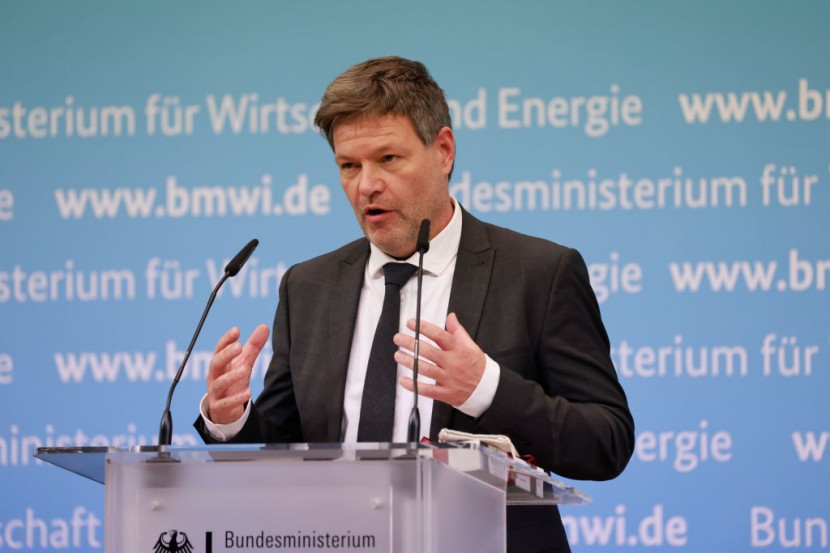
The government economy minister of Germany warned that the country will be "poorer" as a result of Russia's war on Ukraine due to soaring energy prices and record inflation that threaten to put Europe's largest economy into a recession.
On Wednesday, Robert Habeck said that it was not possible for the Russia-Ukraine war to end without costing Germany's society. The official noted that the nation was ready to pay the price which he considered small enough compared to the sufferings of the people of Ukraine.
Germany's Economic Crisis
In March, preliminary figures suggested that inflation had hit 7.3% based on data from Germany's Federal Statistics Office. The number is the highest that the country has ever seen in the last four decades.
Authorities say that the primary reason for the soaring inflation in the nation is the rising prices of natural gas and oil, which soared by almost 40% compared to the previous year. Internationally, the prices of energy products have been rising even months before Russia's invasion of Ukraine, as per CNN.
However, the war and the resulting fear that it will cause a supply issue in Europe have exacerbated the issue and caused prices to go up even further. The problem is much more obvious in Germany, which is Russia's biggest energy customer in Europe.
German authorities issued a precautionary "early warning" on Wednesday, saying there was a possibility that natural shortages could occur after Russia demanded other countries pay for natural gas and oil export using its currency, the rubles. But officials said they were committed to upholding previously agreed-on contracts to pay for gas and oil using euros or U.S. dollars.
According to Egypt Independent, Russian authorities later said that Germany can still pay for gas exports in euros but will be converted to rubles via Gazprom Bank, which is not affected by Western sanctions. German chancellor Olaf Scholz said that he did not agree to the process and asked for further written information.
Shortage of Gas Supply
Amid the dire situation, Germany's chemical industry warned of potential shutdowns that could last for several months due to the lack of gas supply. The country's chemical industry association VCI said that if the country did not ration its gas, production facilities will be forced to shut down.
VCI head Christian Kullmann said that the shutdown could last for months and have knock-on effects for other industries, including carmakers. He added that the issues were large complexes that are interrelated in their material flows.
The official warned that if the country's plants stood still, the automotive industry would soon be affected, particularly its assembly lines. Kullmann said the lack of gas would cause a domino effect throughout almost all industries, which would topple one after the other.
On Wednesday, Germany moved closer to rationing its gas supply after authorities activated an emergency plan. The procedure is designed to help the nation cope with any disruption in supplies from Russia prior to Moscow's Thursday deadline of accepting payments only in rubles in exchange for natural gas and oil exports, The Guardian reported.
Related Article:
Russian Advisors Mislead Putin Over Fears of Ukraine War Performance, US Official Claims
© 2025 HNGN, All rights reserved. Do not reproduce without permission.








